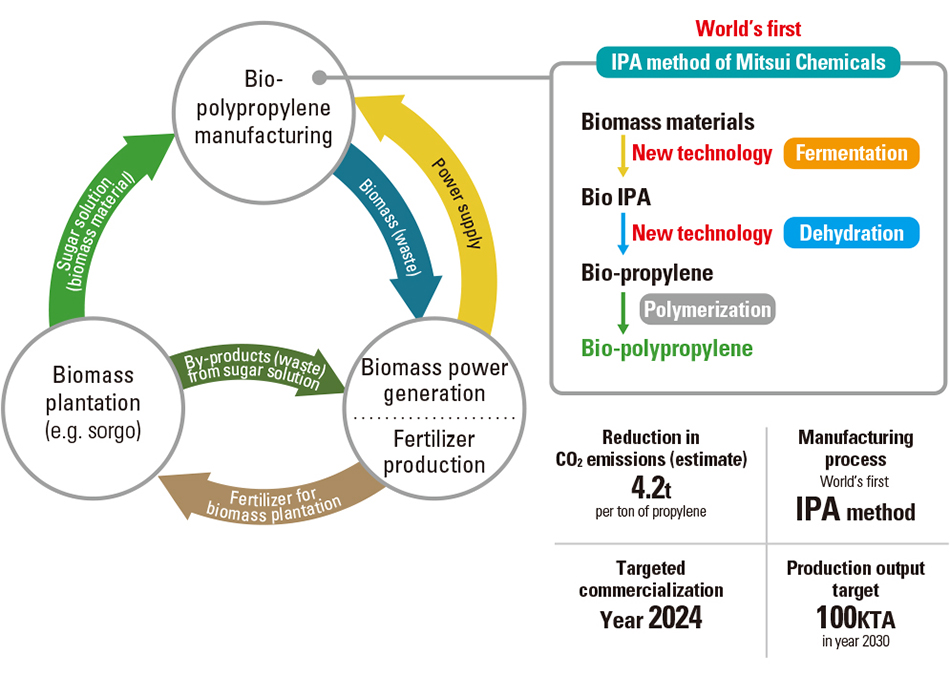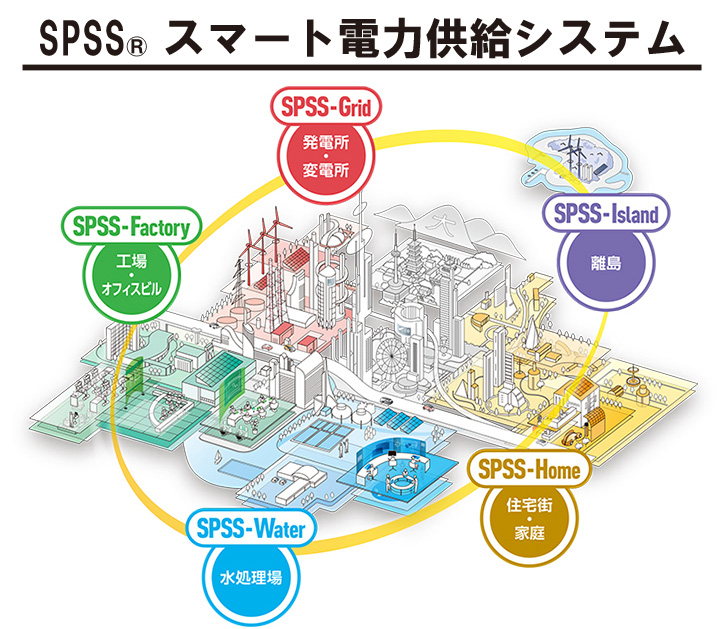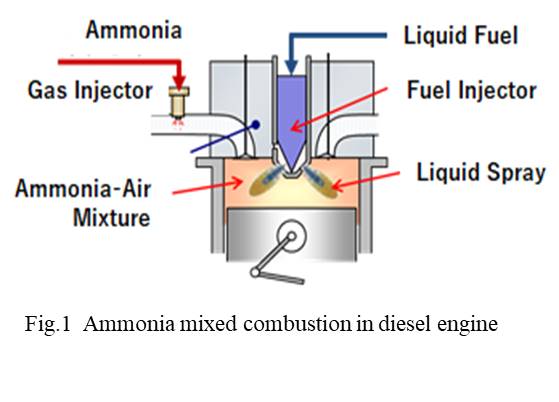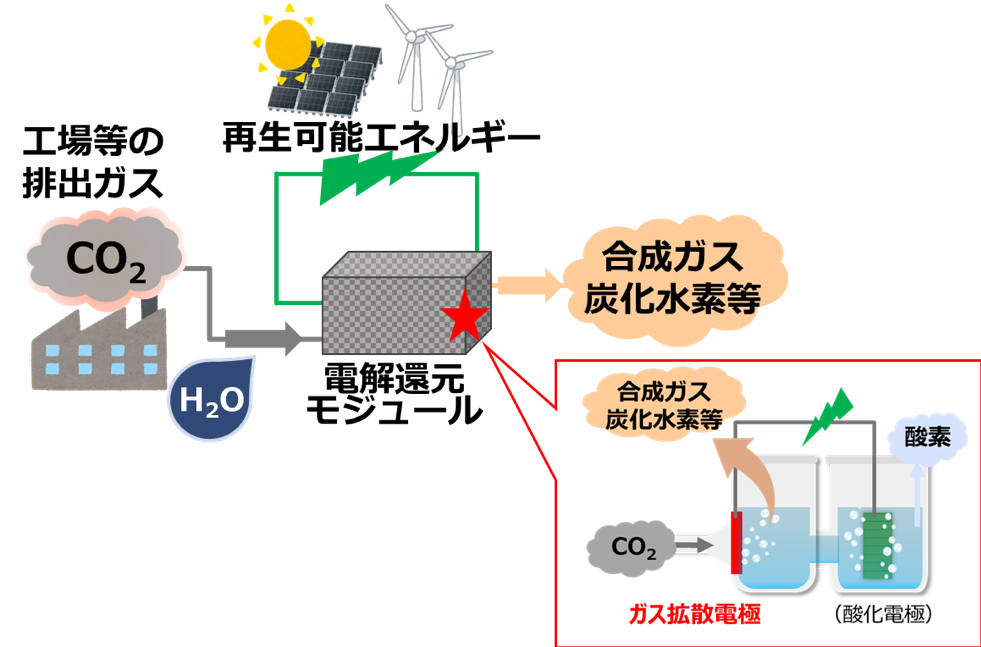Demonstration production of Bio-Polypropylene (commissioned by Ministry of the Environment)
Mitsui Chemicals, Inc.
Outline
As a chemical company that provides products and services centered on plastics, the Mitsui Chemicals Group believes that climate change and the issue of plastics are important social issues that must be addressed sincerely, and that it is important to consider them as an integrated issue. We believe that the conversion from petroleum to biomass will not only promote resource recycling but also reduce the use of new fossil resources, thus contributing significantly to climate change mitigation.
Polypropylene is the world's second most produced plastic and is used in a wide range of products, so it is expected to greatly reduce CO2 emissions by replacing raw materials. Bio-polypropylene (bPP) is a type of polypropylene that is made from biomass resources rather than fossil resources. Mitsui Chemicals is now conducting the world's first bPP demonstration test using a unique manufacturing method that uses fermentation as a key reaction. We aim to establish sustainable technologies for resource recycling that use a variety of biomass raw materials, including non-edible materials, and convert raw material residues into electricity for effective use.
Description
The Mitsui Chemicals Group plans to conduct the world's first demonstration test of the industrialization of bio-polypropylene (bPP), and evaluate its technical, quality, economic, and GHG emission reduction effects from various aspects. While meeting these challenges, we will consider commercializing bPP and aim to start production in 2024 at the earliest..
Polypropylene is used in a wide range of applications, from automobile parts and materials to medical, home appliances, housing, and food, and is one of the essential materials in people's lives. Although it is a major material that accounts for more than 20% of plastics produced in Japan, it has not yet reached the level of industrialization due to the difficulty of converting it to biomass material.
Conventional plastics are made from fossil resources stored in the ground over hundreds of millions of years, while biomass plastics are made mainly from plants. Since plants grow by absorbing CO2 from the atmosphere, they are effective in reducing CO2 and mitigating global warming. bPP, which is made from plants, is expected to contribute to a sustainable society.
The new production method being attempted for commercialization sees various biomass mainly nonedible plants are fermented to produce isopropanol (IPA), which is then dehydrated to obtain propylene in a first-of-its-kind IPA method. Compared to other biomass production approaches studied by other companies thus far, this one could prove to be a more cost-effective way to manufacture bio-PP.
Kaisei Inc. will cultivate biomass raw materials used by Mitsui Chemicals, collect wastes generated from biomass raw materials, and supply electricity to manufacturing facilities and manufactures fertilizers through its effective use. By collaborating with Kaisei Inc., Mitsui Chemicals aims to contribute to society through environmentally friendly action with a circular model that leverages the supply chain.
the Mitsui Chemicals Group is actively engaged in resolving social issues through its business activities, and aims for the sustainable development of society and our group. We will work on this project based on our climate change policy and plastic strategy.
Partner(s)
Kaisei Inc. (Murakami, Niigata Prefecture; President & CEO: Tadahiro Toyama)
Supplementary information
Japan's Ministry of the Environment has adopted Mitsui Chemicals' bio-PP pilot project to build a system to recycle plastic and other resources in support of a carbon-free society
https://jp.mitsuichemicals.com/jp/release/2019/2019_0612.htm
https://jp.mitsuichemicals.com/jp/release/2019/2019_0926.htm
https://jp.mitsuichemicals.com/jp/sustainability/mci_sustainability/contribution_value/
Mitsui Chemicals Group Climate Change Policy
https://jp.mitsuichemicals.com/en/sustainability/mci_sustainability/climate_change/policy.htm
Mitsui Chemicals Group Plastic Strategies
https://jp.mitsuichemicals.com/en/sustainability/mci_sustainability/climate_change/plastic.htm
Similar Innovation Challenges
Achieving net zero carbon emissions from paint finishing processes
Taikisha Ltd.
Activities for reducing GHG of business operations in Nissin Electric Group
Nissin Electric Co., Ltd.








-1人工光合成技術.jpg?id=2&tid=759&imageNumber=1)